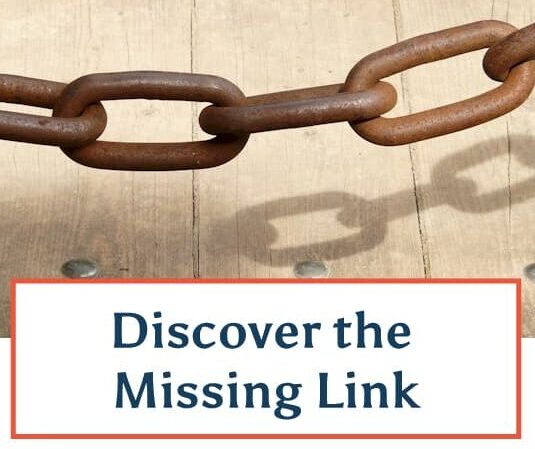Aly and I spent the day at the beach on Sunday. Having been to the NJ Shore many times before, I had a sort of sixth-sense about which waves would come up higher on the beach and soak our feet, and when it was safe to walk on the hard-pack sand near the water’s edge. But Aly wasn’t used to walking on the Atlantic Coast beach and he couldn’t gauge the waves.
I tried to explain it to him and found that something I thought I was doing naturally and almost intuitively, really did come from experience and pattern-matching. I had to make a conscious effort to try to decipher the “rules” about how I knew which waves were safe and which waves needed to be scampered away from, before our feet got wet. I looked for patterns so I could explain it to Aly. Once he got it, he became quite proficient at spotting foot-soaker waves.
I think we do know the “rules” or “clues” about what works in our lives and businesses, and what doesn’t. But from time-to-time, we have to make a conscious effort to pay attention to the clues and their consequences.
One of the women in my mastermind group, Susan, tells a story about how she sensed that a new employee wasn’t going to work out, but still kept training her and hoping that the new employee would change. Finally Susan paid attention to the pattern of her own feelings (hoping that someone would change, hoping that training and guidance would help) and the results she was getting in her business (the real-life actions of the new employee), she was able to let her new employee go, even though she didn’t have a replacement. And guess what? A new, perfect employee showed up from an unexpected source within a few weeks!
Sometimes we first realize that we’re not paying attention to the clues when we notice that we’re not getting what we want (we already have wet feet or a poor business relationship). Then we can work backwards, figuring out what caused that unpleasant feeling/situation, and make a decision to change in another direction. If we do this often enough, the clues and pattern-matching becomes internalized and we recognize much more quickly when something isn’t right in our world — and make a change sooner and more skillfully.
And when someone shares their story with us (thank you, Susan, for sharing your story), we can refresh our memory of the lessons inherent in the story, remembering the clues again. For me, next time I come across a person who is “not quite a good fit” in my life or business, I’ll be less likely to believe (hope) they will eventually change, and instead seek to find a more compatible friend/colleague/client/employee.
Where do you pay close attention to the patterns in your thoughts, feelings and perceptions? And where have you been avoiding paying attention to patterns and trends that need revisiting?

 How to Choose a Website Designer: 17 Tips
How to Choose a Website Designer: 17 Tips
